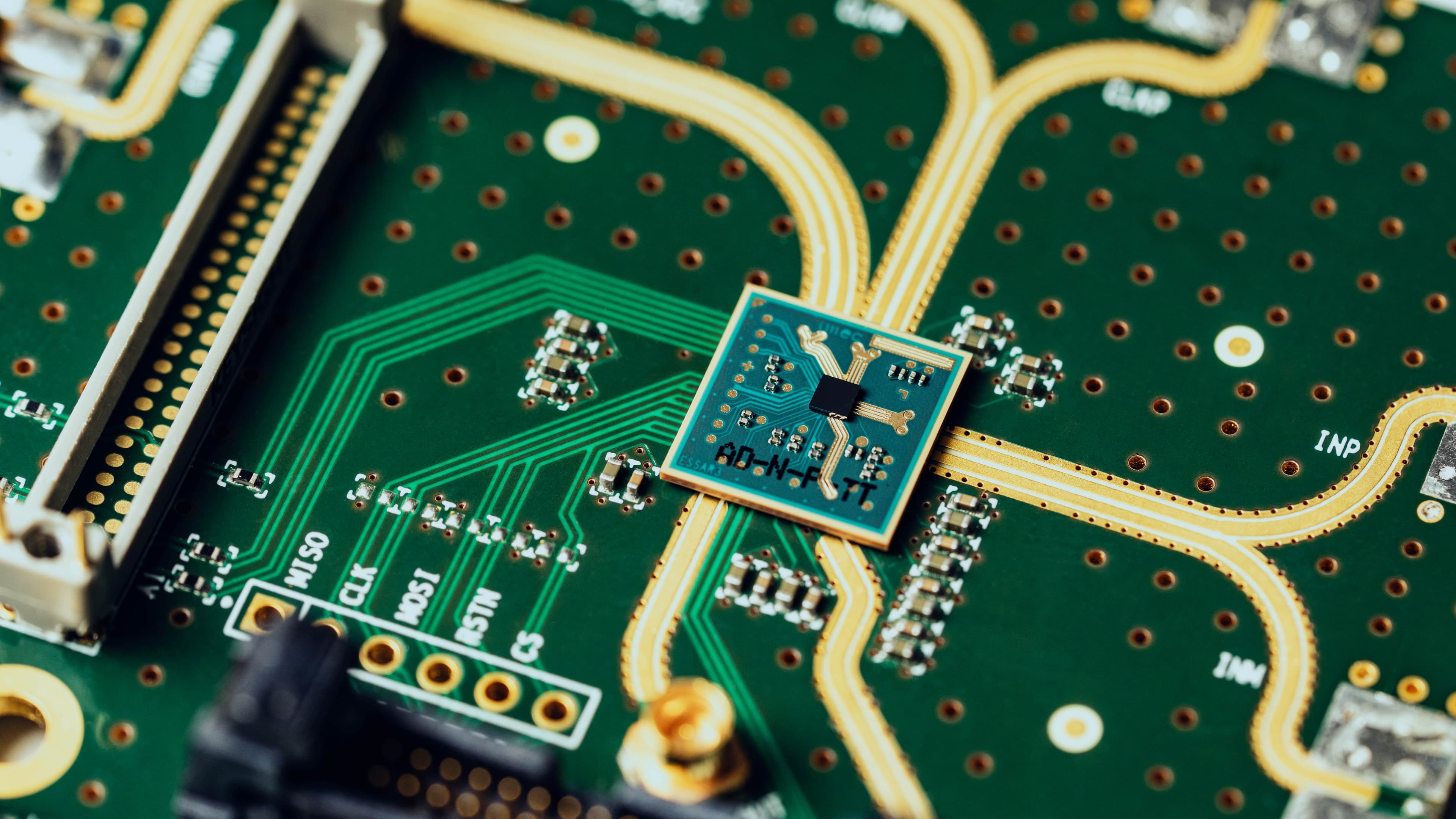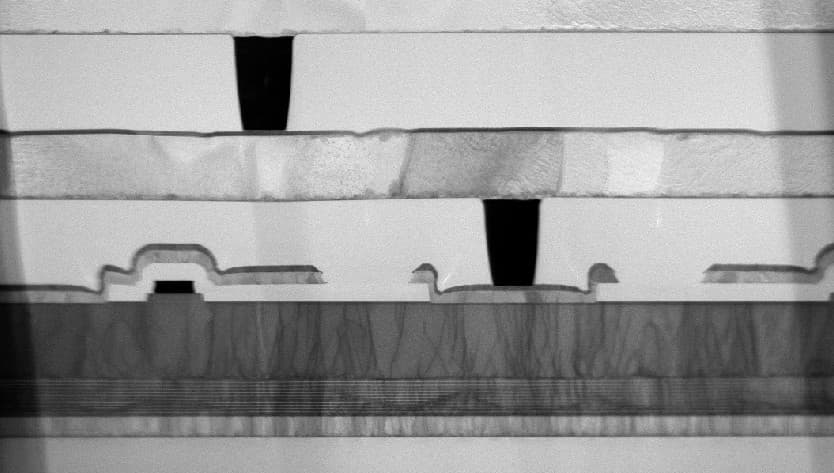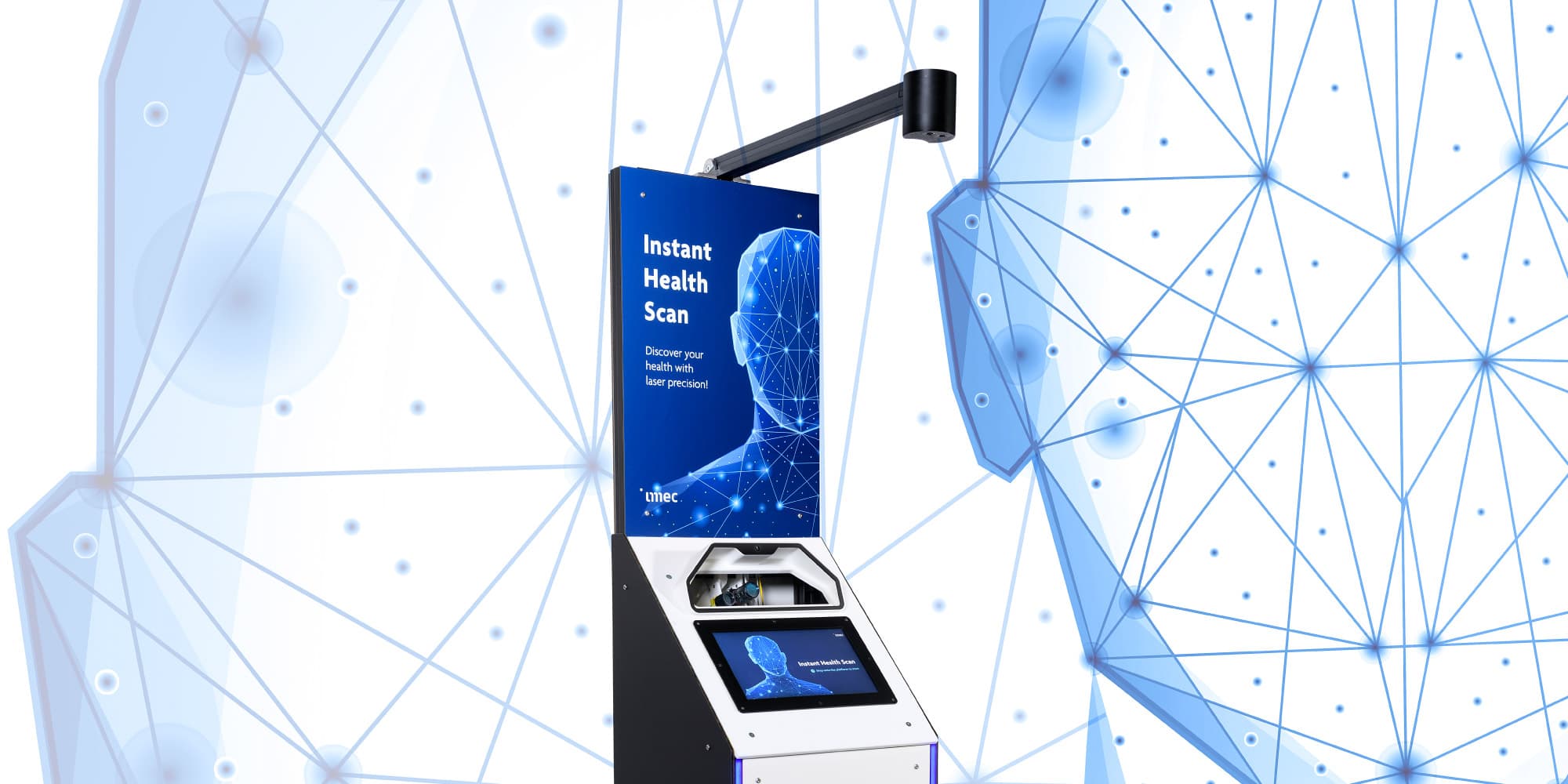Children who are (partly) paralyzed e.g. due to a brain injury, and obese children need to exercise to improve their health. However, it’s often difficult to keep them motivated to do the drills that are prescribed by their rehabilitation or fitness coach. And, if they practice at home, it’s difficult to know if they perform the exercises correctly.
One thing children don’t have to be motivated for, is playing video games. So why not use their preferred pastime as a way to get – and keep – them moving? How to do that is what the wE-MOVE consortium has been investigating for the past 2 years.
In the framework of the wE-MOVE project, researchers and experts from several companies developed an exergaming platform combining video games and exercise. Their solution can track movements highly accurately, uses virtual reality to immerse the children (and their brains) in the exergame, and provides a user-friendly dashboard for the therapist or coach to monitor the children’s progress. The focus of the project was on two use cases: a game for children with paralysis on one side of the body (=hemiplegic) who have to learn to use their affected upper limb again, and a game for children with obesity who need more movement overall.
“There are a lot of exergames on the market today,” explains wE-MOVE research lead Jan Van Looy (imec - MICT - UGent). “Just think of the Wii Fit games and the Xbox Dance Dance Revolution games. Although these games are fun and make the children move more, they are inadequate for therapeutic use. The main reasons are that the games are often too difficult and that the movements are not tracked in detail: Who hasn’t already ‘tricked’ the Wii Fit by playing a tennis game while sitting on the coach and making small movements with the wrists.”
“Virtual reality offers a unique tool for rehabilitation,” says Hilde Van Waelvelde from the Rehabilitation Sciences and Physiotherapy group of UGent. “It immerses our brains into a different world, for example one in which the child can perfectly use all limbs, even those paralyzed in the real world.
Project outcomes
- Mega Mindy moves your paralyzed arm
- Get fit with Mega Mindy and Mega Toby
Download leaflet
wE-MOVE
Games to improve children’s rehabilitation and fitness level.
wE-MOVE is an imec.icon research project funded by imec and IWT.
It ran from 01.01.2015 until 31.12.2016.
Project information
Industry
- Orthopedie De Prêtre
- RSLAB
- RSPrint
- RS Scan International
- PreviewLabs
- Studio 100
Research
- UGent - Rehabilitation Sciences and Physiotherapy (REVAKI)
- UZ Gent - Children Rehabilitation Center
- imec - ETRO - VUB
- imec - MICT - UGent
- imec - IPI - UGent
Contact
- Project Lead: Friso Hagman
- Research Lead: Jan Van Looy
- Innovation Manager: Steven Van Assche












